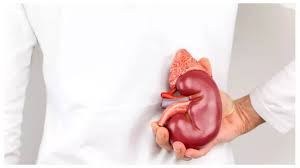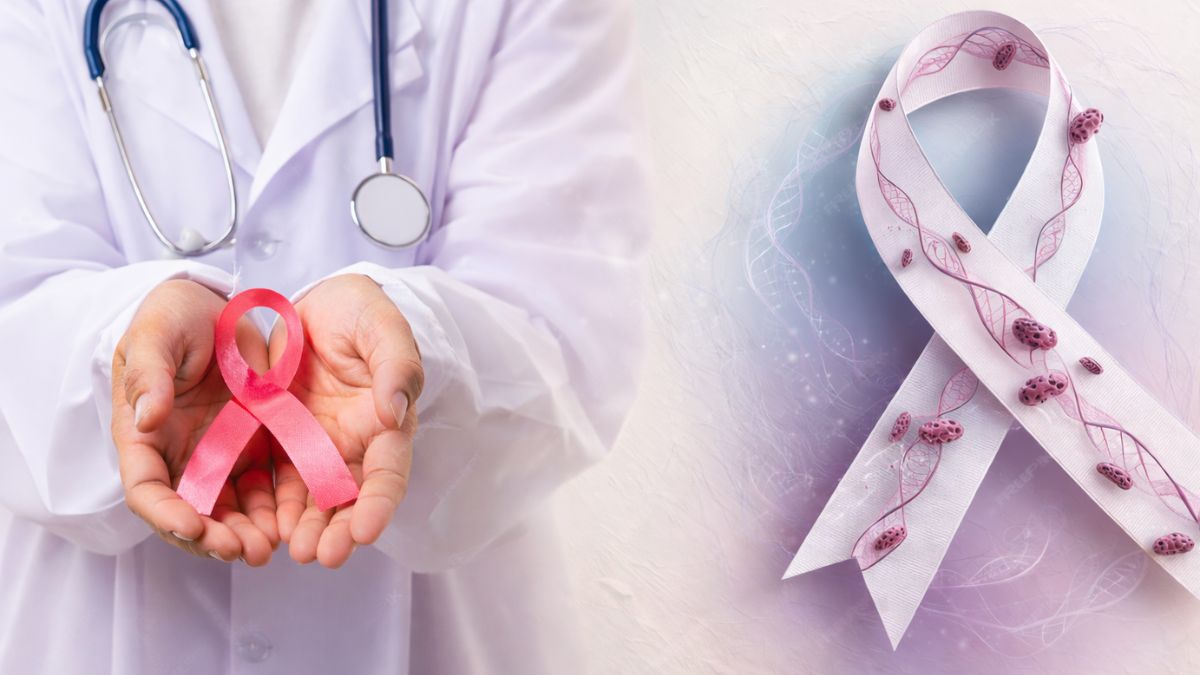
Hyderabad's Urban Kidney Crisis: A Hidden Threat
Hyderabad is currently grappling with a significant health crisis as a new pattern of Chronic Kidney Disease (CKDu) emerges, primarily affecting urban, non-diabetic individuals aged between 20 and 40. Research by the Indian Council of Medical Research highlights that one in every 14 people in Telangana is experiencing impaired kidney function. This alarming trend is not limited to the elderly or those with diabetes, as previously observed.
Nephrologists from Osmania General Hospital (OGH) and Apollo Hospitals have reported that patients, who typically lead healthy lives, are arriving with advanced kidney damage. Unlike traditional CKDu cases seen among agricultural workers, this new type is primarily found in office workers, small business owners, and service employees.
One startling observation from the study is that about 40% of the affected individuals had used unregulated herbal or alternative medicines before experiencing symptoms. Although a direct cause-and-effect relationship has not been established, researchers suspect that these remedies may contain nephrotoxic substances that contribute to kidney damage. This trend raises concerns about the safety of unverified health products that many urban professionals tend to rely on.
The classical CKDu typically arises from exposure to heat stress and pesticides, common among farm workers. However, the cases reported in Hyderabad are distinct as they emerge among individuals who are not engaged in farming. This suggests that unidentified environmental or lifestyle factors may be influencing kidney health in the urban setting.
Some potential culprits include contaminated water sources, excessive use of over-the-counter supplements, and habitual dehydration due to high caffeine consumption and low water intake. Unfortunately, CKDu can remain asymptomatic for a long time; most patients are unaware of their deteriorating kidney function until it is critically low.
As a result, experts recommend that even healthy adults should undergo annual kidney function tests, especially if they use supplements or energy drinks regularly. Dr. Sahay and her team are advocating for increased public health awareness regarding this urban subset of CKDu, emphasizing the need for early detection and preventive measures.
The rising incidence of CKDu in Hyderabad serves as a stark reminder that lifestyle diseases are not the only health threats in urban environments. Hidden toxins in products and neglecting hydration practices can lead to severe health consequences. It is crucial for individuals to be proactive about their kidney health and to recognize the potential dangers of unregulated health remedies.











